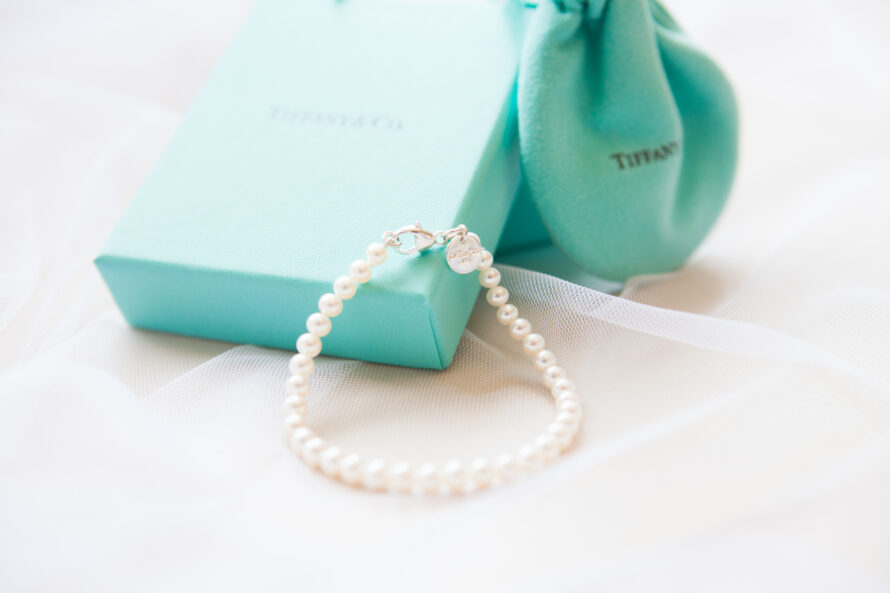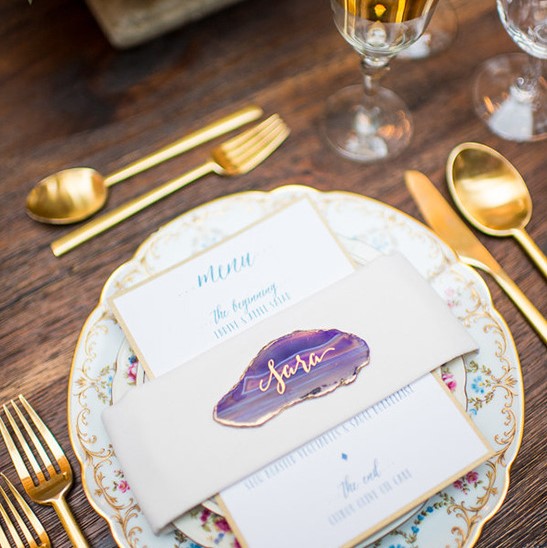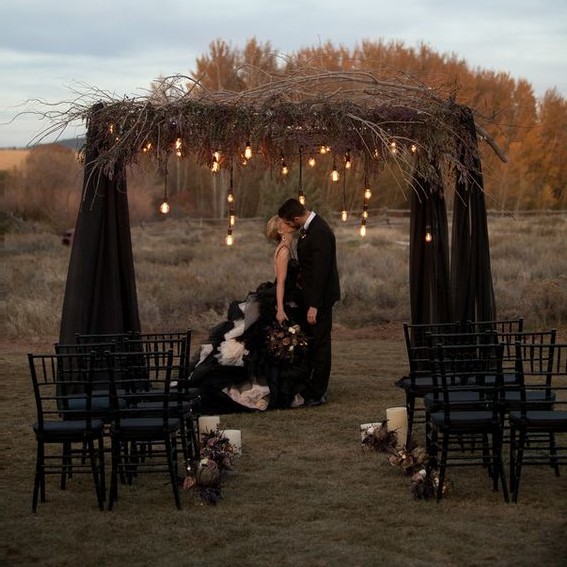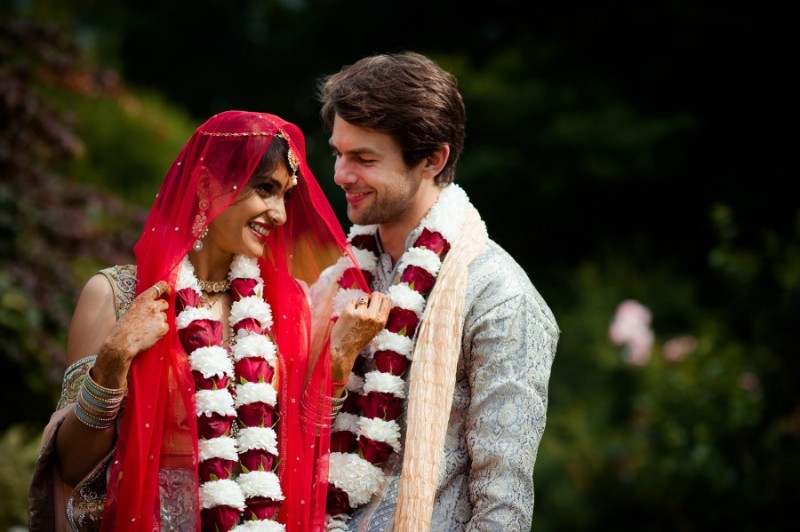
Keeping up with all of the traditions involved with an engagement, wedding ceremony and then the reception can be a juggling act, especially when your new husband or wife is culturally different. Then there’s the post-wedding traditions…
Granted, there aren’t nearly as many traditions that are observed once you are officially married, but Easy Weddings have put together some of the familiar and not-so-familiar ones that are observed around the world.
Crossing the threshold
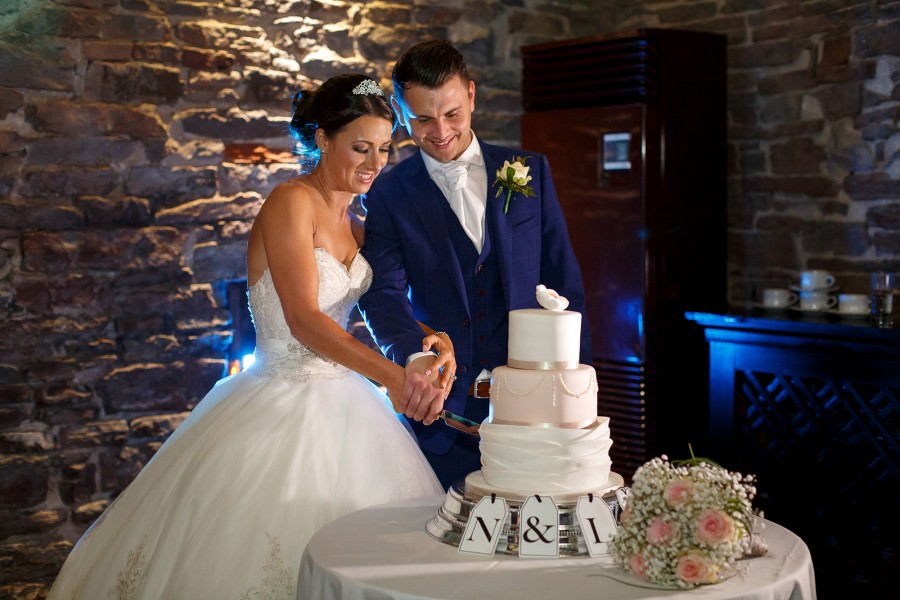
Freezing the wedding cake
Couples will quite often share their wedding cake with hungry guests at the reception and then keep the top tier in the freezer to savour on their first wedding anniversary. This tradition is traced back to bringing good luck and prosperity.
If you want to go down this route, make sure you wrap and seal it carefully to avoid freezer burn and disappointment when the big 12 month milestone rolls around.
Congo: Don’t smile now…
While most couples cannot contain their excitement and happiness on their wedding day, Congolese newlyweds must keep a lid on it until the end of their reception. If they crack a smile, it would mean that they are not serious about their marriage.
Germany: It’s all about teamwork
After getting married, couples are presented with a large log and a saw. By sawing the log in half, it is believed they are proving their ability to work together in overcoming obstacles. But it doesn’t stop there, in their first bit of housekeeping together, German newlyweds clean up piles of porcelain dishes that their guests threw on the ground to ward off any evil spirits.
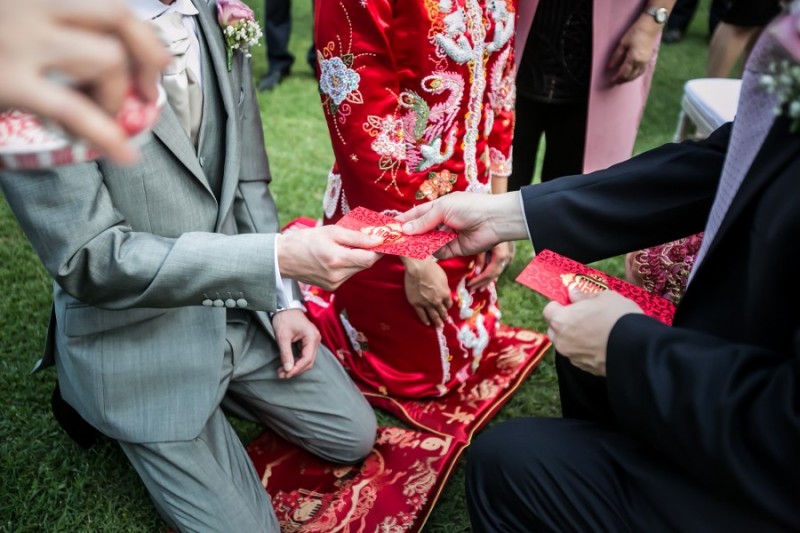
China: A joy ride followed by brunch
A bride’s family would hire a “good-luck” woman to take care of her as she travels from her home to the groom’s in an elaborately decorated sedan chair. Attendants shield the bride with parasols as others toss rice, a symbol of health and prosperity, at the chair.
The day after the wedding, the bride should get up early and fix a brunch for the groom’s family in order to show she is well-nurtured and qualified to be the groom’s wife.
Three days after the wedding, the bride will go to visit her parents in her husband’s company and he will present her family with a roast suckling pig, a symbol of virginity, to indicate the bride’s purity. The bride’s family will proudly share the pig with relatives and neighbors.
Indonesia: Locked up tight
Spending the first three days and three nights confined to their home sounds kind of sweet, certainly not a hardship for Indonesian newlyweds — unless they need to use the bathroom. Indonesian honeymooners are housebound and are watched over with only minimal amounts of food and drink provided and a ban on using the toilet. This is believed to produce a happy marriage full of healthy babies.
Mauritius: Go large
Romania: Green light for abduction
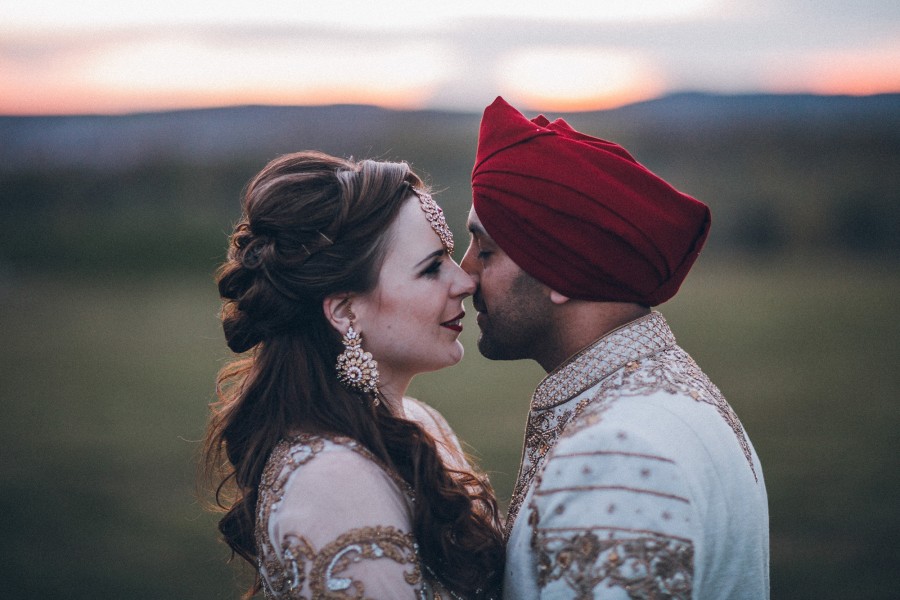
India: Entering a new home
After the wedding, the bride says goodbye to her family at the Vidai Ceremony and this is filled with crying from all sides as she leaves one family to join another at her husband’s house. Then the grihapravesh (home-entry ceremony), begins with an Aarti, a lighting of a traditional lamp, to ward off any evil spirits.
As she enters the home, the bride knocks over a metal pot full of rice using her right foot and in some communities, it is tradition for her to step into a plate of vermillion mixed with water and then walk down to the prayer room, leaving red footprints along the way. The couple then say a prayer together before the reception begins.
Russia: Picture this
In a gesture of respect, couples in Moscow take wedding photos at the Tomb of the Unknown Soldier near the Kremlin then lay down flowers afterward.
Venezuela: Newlyweds go MIA
It’s good luck for the newlyweds to sneak away before the party’s over without getting caught and it is also good luck for whichever guest is the first to catch on that they are gone.
